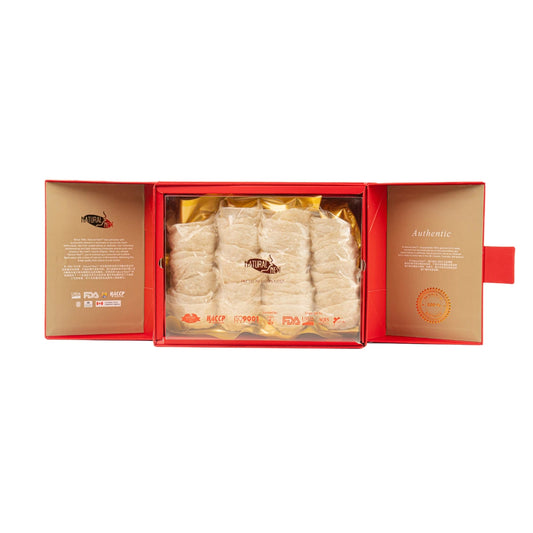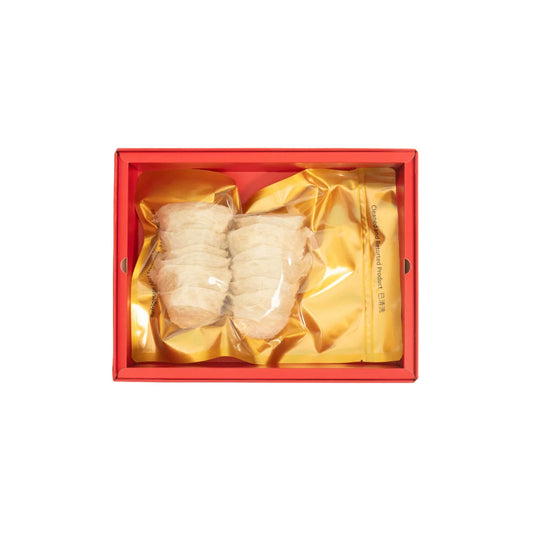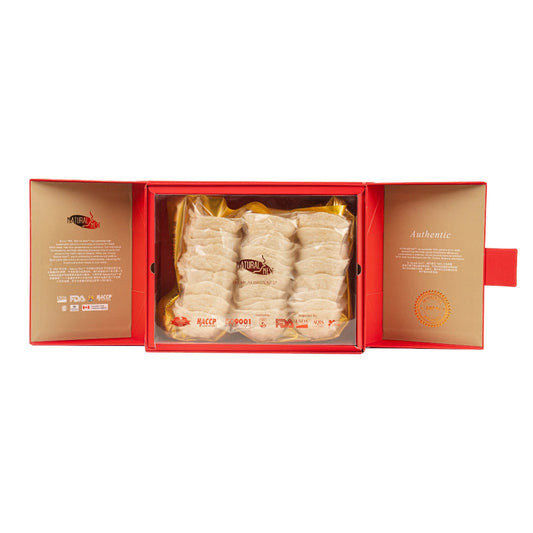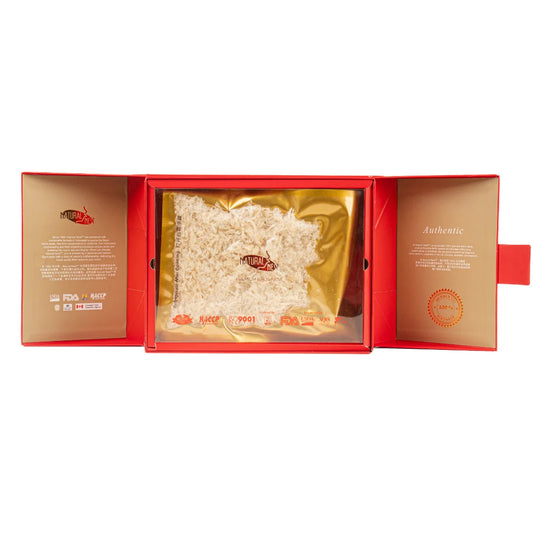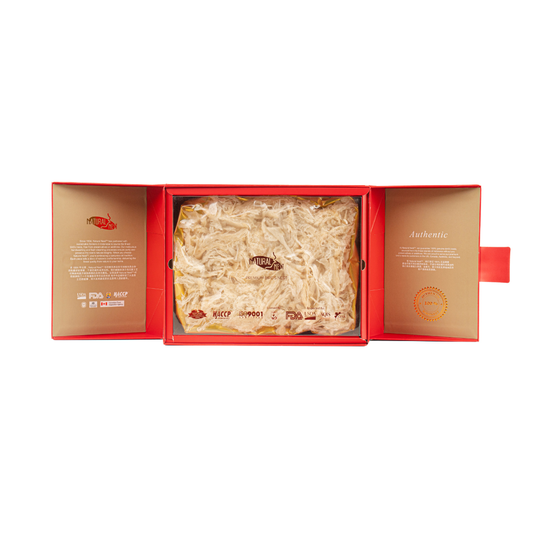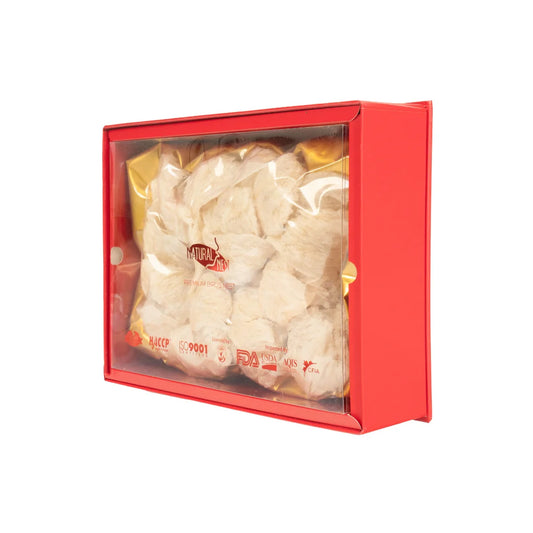As the world continues to focus on sustainability, making your garden eco-friendly is one of the most rewarding steps you can take to contribute to a healthier planet. Whether you have a sprawling backyard or a small balcony garden, there are simple, effective ways to reduce your environmental impact while creating a beautiful space. Here are 10 easy ways to make your garden more eco-friendly.
1. Choose Native Plants
Native plants are an eco-friendly gardener's best friend. These plants are adapted to the local climate, require less water, and are naturally resistant to pests and diseases. By selecting plants native to your region, you reduce the need for chemical fertilizers and pesticides, which can harm local ecosystems. Additionally, native plants support local wildlife by providing food and shelter for birds, pollinators, and other beneficial insects.
2. Use Organic Fertilizers
Chemical fertilizers can degrade soil health over time and contaminate water supplies. Organic fertilizers, such as compost, manure, or organic store-bought products, nourish your plants without harming the environment. These fertilizers improve soil structure, promote healthy microbial activity, and reduce the risk of pollution from runoff. Creating your own compost at home is an easy way to recycle kitchen waste into nutrient-rich food for your garden.
3. Install a Rainwater Harvesting System
Water conservation is crucial, especially in areas prone to drought. Installing a rainwater harvesting system allows you to collect rainwater from your roof and store it for later use in the garden. This reduces your reliance on municipal water systems and helps conserve precious freshwater resources. Rain barrels or more elaborate systems can easily be set up, making it a cost-effective and sustainable way to keep your garden hydrated.
4. Mulch to Retain Moisture
Mulching is one of the simplest and most effective ways to conserve water in your garden. A layer of organic mulch, such as wood chips, straw, or grass clippings, helps retain soil moisture, reduces the need for frequent watering, and suppresses weeds. Over time, the mulch will decompose, adding valuable nutrients to the soil.
5. Create a Wildlife Habitat
Gardens that support local wildlife contribute to biodiversity and help maintain ecological balance. Consider adding birdhouses, bat boxes, or insect hotels to provide shelter for various creatures. Additionally, plant a diverse range of flowers and shrubs that attract bees, butterflies, and other pollinators. The more diverse your garden’s ecosystem, the healthier it will be.
6. Reduce Lawn Area
Lawns require large amounts of water, fertilizer, and maintenance. By reducing the size of your lawn and replacing it with ground covers, flower beds, or even edible plants, you can minimize your garden's environmental footprint. Ground covers like clover or creeping thyme can replace grass while offering habitat for pollinators and reducing water use.
7. Use Eco-Friendly Garden Tools
Garden tools made from sustainable materials, such as bamboo or recycled plastic, are a greener alternative to traditional options. Look for tools with ergonomic, durable designs that will last longer and reduce the need for replacements. Additionally, consider avoiding gas-powered equipment like lawnmowers and opting for manual or electric alternatives to reduce your carbon footprint.
8. Reduce Pesticide Use
Chemical pesticides harm beneficial insects, such as bees and ladybugs, which are essential for pollination and natural pest control. Instead of using harmful chemicals, try natural pest control methods such as introducing beneficial insects, using neem oil, or creating DIY insecticidal soaps. You can also attract pest-eating birds and insects by planting a variety of flowers and herbs that provide food and shelter.
9. Compost Your Yard Waste
Instead of sending yard waste, like grass clippings, leaves, and small branches, to a landfill, compost them in your garden. Composting reduces waste and provides your garden with nutrient-rich soil. By creating your own compost, you’re not only reducing landfill waste but also enriching your garden’s soil with essential nutrients, making it more productive and sustainable.
10. Support Sustainable Gardening Products
When purchasing garden supplies, opt for products made from eco-friendly materials, such as biodegradable pots, non-toxic weed killers, or sustainable gardening fabrics. Many brands now offer environmentally responsible alternatives, so read labels carefully and choose products that align with your eco-friendly gardening goals.
Conclusion
Creating an eco-friendly garden doesn’t require a complete overhaul of your existing space. By making small, thoughtful changes—such as choosing native plants, reducing water usage, and avoiding harmful chemicals—you can significantly reduce your environmental impact while enhancing the beauty and health of your garden. Every eco-friendly decision you make contributes to a more sustainable, healthier planet for future generations. Start implementing these tips today and enjoy the many rewards of a greener garden.

